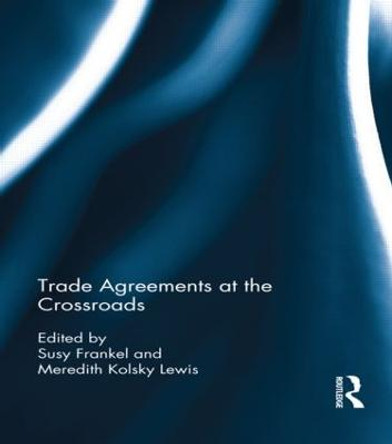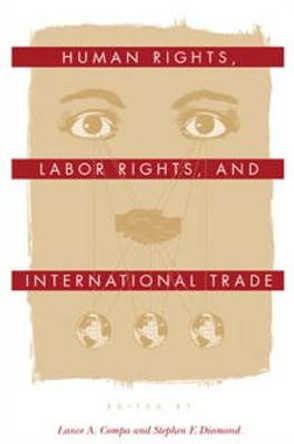Description
Preferential trade agreements have become common ways to protect or restrict access to national markets in products and services. The United States has signed trade agreements with almost two dozen countries as close as Mexico and Canada and as distant as Morocco and Australia. The European Union has done the same. In addition to addressing economic issues, these agreements also regulate the protection of human rights. In Forced to Be Good Emilie M. Hafner-Burton tells the story of the politics of such agreements and of the ways in which governments pursue market integration policies that advance their own political interests, including human rights.
How and why do global norms for social justice become international regulations linked to seemingly unrelated issues, such as trade? Hafner-Burton finds that the process has been unconventional. Efforts by human rights advocates and labor unions to spread human rights ideals, for example, do not explain why American and European governments employ preferential trade agreements to protect human rights. Instead, most of the regulations protecting human rights are codified in global moral principles and laws only because they serve policymakers' interests in accumulating power or resources or solving other problems. Otherwise, demands by moral advocates are tossed aside.
And, as Hafner-Burton shows, even the inclusion of human rights protections in trade agreements is no guarantee of real change, because many of the governments that sign on to fair trade regulations oppose such protections and do not intend to force their implementation. Ultimately, Hafner-Burton finds that, despite the difficulty of enforcing good regulations and the less-than-noble motives for including them, trade agreements that include human rights provisions have made a positive difference in the lives of some of the people they are intended-on paper, at least-to protect.
About the Author
Emilie M. Hafner-Burton is Professor at the School of International Relations and Pacific Studies and the Department of Political Science and director of the Laboratory on International Law and Regulation at the University of California, San Diego.
Reviews
"Forced to Be Good is fascinating and important. Emilie M. Hafner-Burton provides a compelling account of how the United States and Europe have used preferential trade arrangements to protect human rights in foreign countries. Her book poses a key challenge to the conventional wisdom on how norms of justice spread, and it will be of substantial interest to scholars and policymakers alike."-Edward D. Mansfield, Hum Rosen Professor of Political Science, University of Pennsylvania
"In this book, Emilie Hafner-Burton shows convincingly that old-fashioned, interest-based political bargaining, not a moral impulse to improve the world, led to human rights being included in recent U.S. and European trade agreements. Despite mixed (at best) motivations, some of these agreements nevertheless made a positive contribution to improving human rights. Anyone interested in recent trade policymaking generally, or in using trade to influence human rights specifically, should read this book to find out how the process really works."-Kimberly Ann Elliott, Center for Global Development
"Why have human rights provisions increasingly been attached to preferential trade agreements in recent years? Forced to Be Good is the best single treatment of the issue I have read. Emilie Hafner-Burton argues, counterintuitively, that it's not because human rights NGOs have affected norms. She shows that a shift in institutional politics within the United States and the European Union made it impossible for political executives to negotiate trade deals as they had in the past. She demonstrates a positive correlation between legislative constraints on the executive and the extent to which human rights provisions were inserted into trade agreements."-Daniel Drezner, Tufts University
"A wonderfully provocative book! Emilie Hafner-Burton argues that the surge in trade agreements containing human rights clauses can be explained with reference not to powerful new norms of justice or vigorous lobbying by labor unions and NGOs but to their usefulness as tools with which policymakers in the West tackle parochial issues unrelated to the protection of human rights and compete for influence over trade policy. The message may not please; the empirical analysis, however, is systematic and compelling."-Walter Mattli, University of Oxford
Book Information
ISBN 9780801479250
Author Emilie M. Hafner-Burton
Format Paperback
Page Count 240
Imprint Cornell University Press
Publisher Cornell University Press
Weight(grams) 454g
Dimensions(mm) 229mm * 152mm * 18mm




